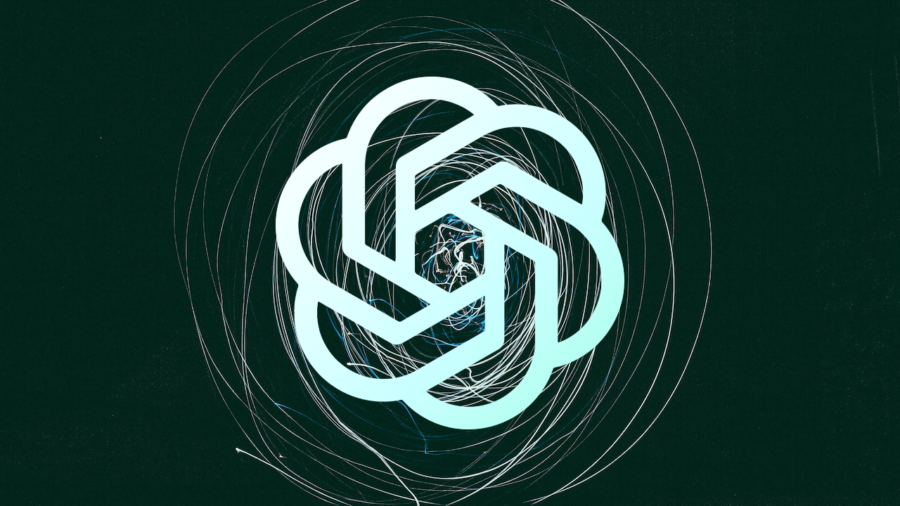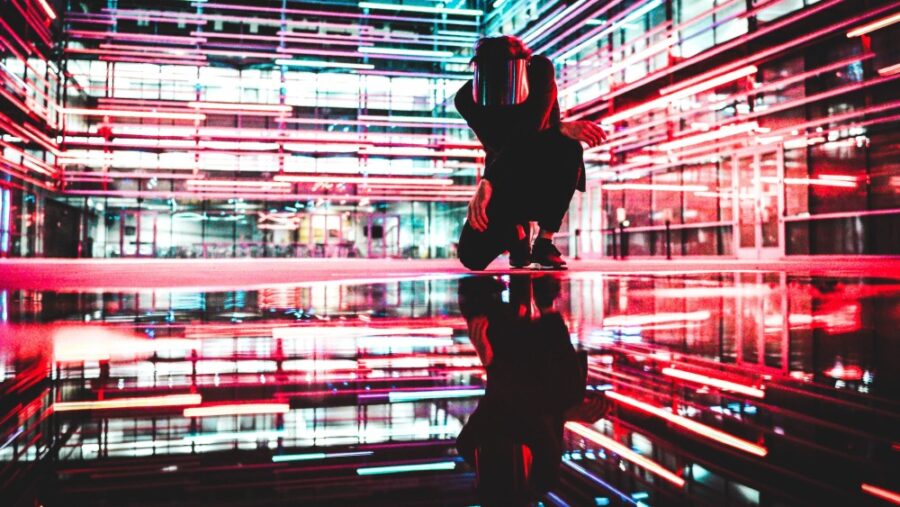AI Safeguard Resolution Passes At United Nations For Global Protection Against Artificial Intelligence Usage

As AI technology continues to develop at an alarming rate, the United Nations General Assembly has made efforts to safeguard the process by developing its own nonbinding resolution. The resolution aims to protect individuals from fraud and job loss, which are just a couple of concerns among all 193 members of the General Assembly, who unanimously recognize the many risks of AI technology falling into the wrong hands and being used with ill-intent. Another major concern involves AI’s potential ability to undermine democracy if proper safeguards are not put in place.
The Long-Term Impact Of Artifical Intelligence

Heavy government regulation doesn’t always lead to desirable results. However, in the case of AI technology, which is still very much in its infancy, proper safeguarding is necessary because experts don’t know how much damage AI is capable of causing in the long run. In fact, recent reports suggest that we’re not entirely sure how AI actually works.
On a more dystopian timeline, AI can lead to excessive amounts of automation, which will directly affect the job market. As companies continually look for ways to cut costs and automate processes that humans oversee, it’s not outside the realm of possibility that unemployment can eventually reach an all-time high. What’s more, as individuals continue to rely on AI to automate their own workflow or aspects of their daily lives, we can’t help but wonder how much of our personal data is being collected and misused, which could then undermine our quality of life at large.
The Benefits Of AI

But it’s not all doom and gloom, as AI, if properly safeguarded, is the practical tool we need to push humanity forward. While it goes without question that any new technological development will thrust us into uncharted territory, the benefits of AI are nothing to scoff at when the technology is used with good intentions. Celebrated by scientists for its innate ability to streamline research, the medical sector has made a tremendous amount of progress in a very short amount of time because AI allows them to free up countless hours that can now be better spent developing new medicines and treatments for myriad illnesses.
AI For Hackers

By the same token, hackers can use AI to collect and leak private information at an unthinkable rate, which can cause more harm than good if newly developed systems aren’t 100 percent secure from being breached. By monitoring AI for risks through implementing this new safeguard, governing bodies can do what they’re supposed to do and protect their citizens from outside threats. In fact, just last month, Microsoft reported that state-backed hackers from Russia and China were using OpenAI‘s large language models to perfect their own hacking campaigns, which could pose a threat to national security.
As of this writing, China denied Microsoft’s claims, and Russia has not made any comments.
The AI Future

AI is quickly becoming ubiquitous, and without proper safeguards, the technology has the potential to run amok. In an ideal world, the proposed solution will allow us to coexist with AI in a way that allows the human race to thrive, prosper, and live in harmony with technology.
Source: Reuters












